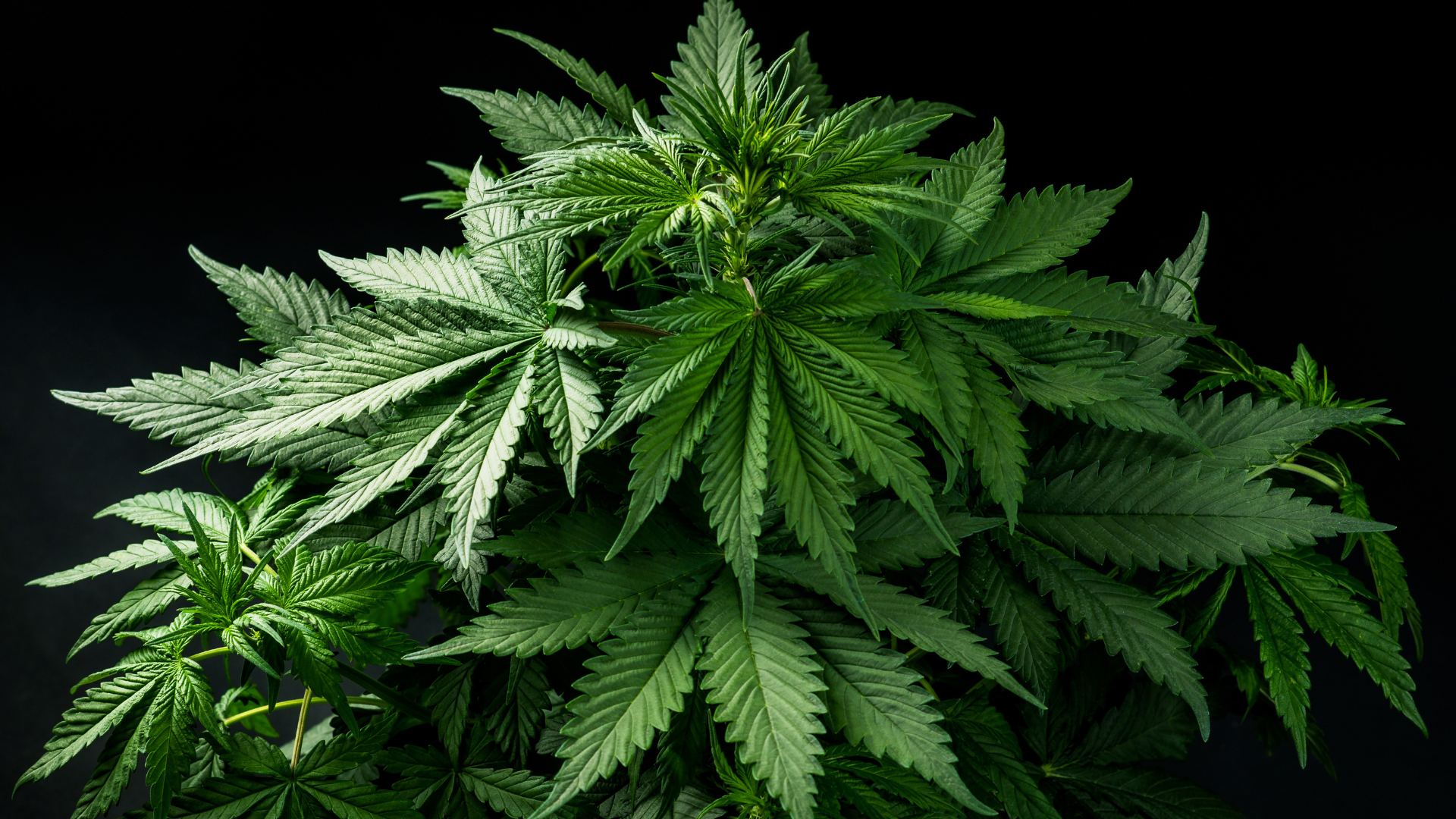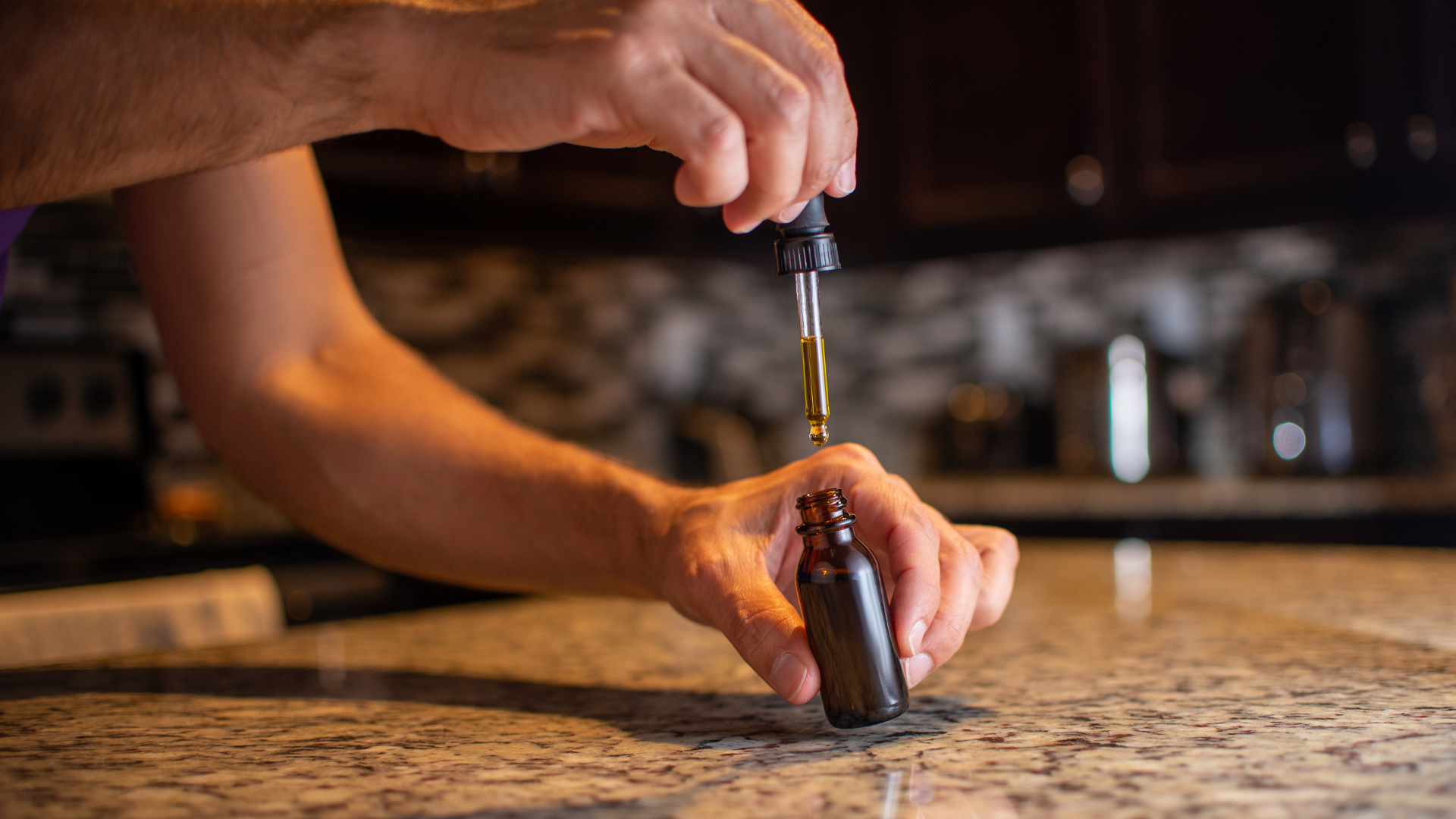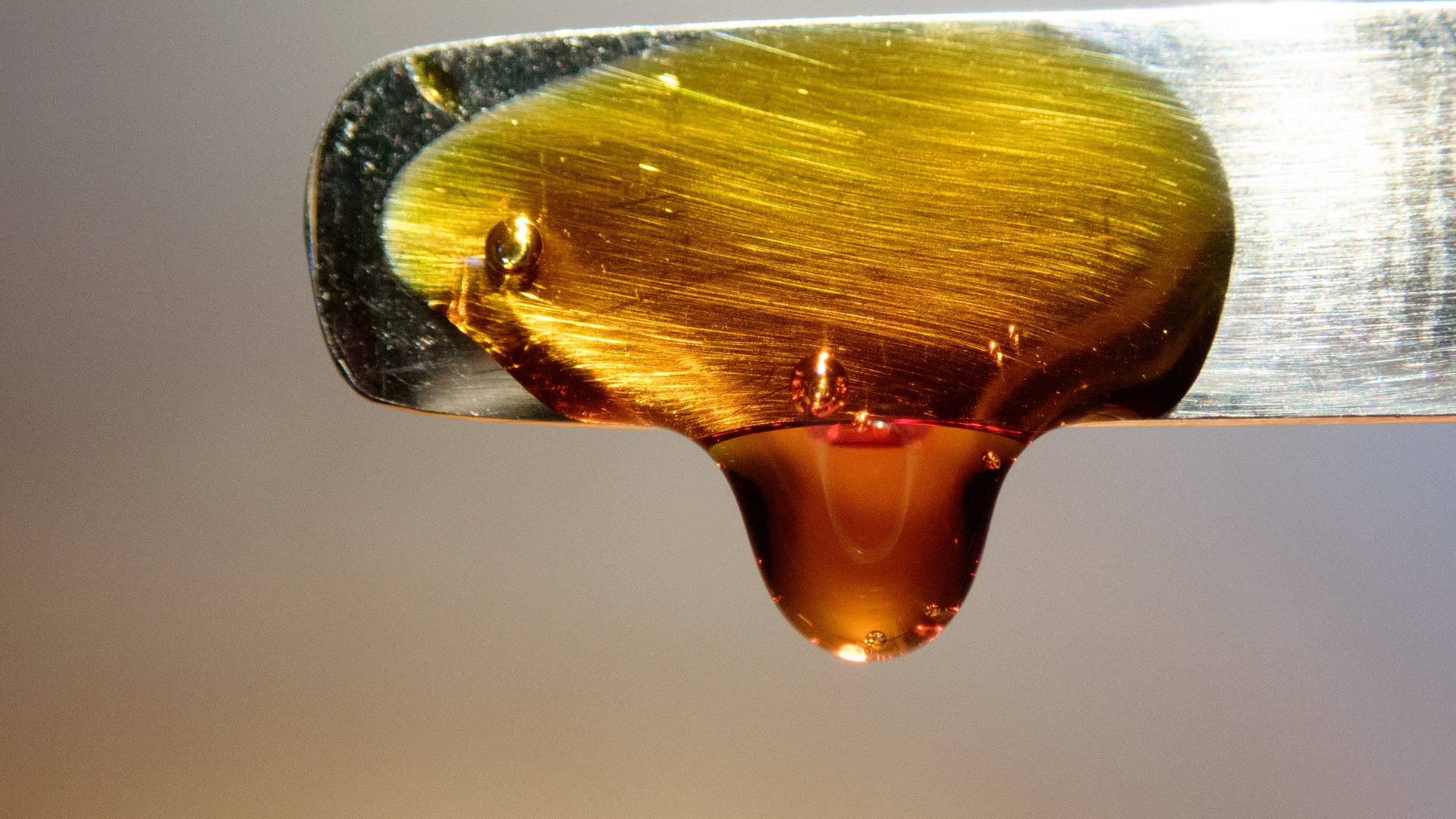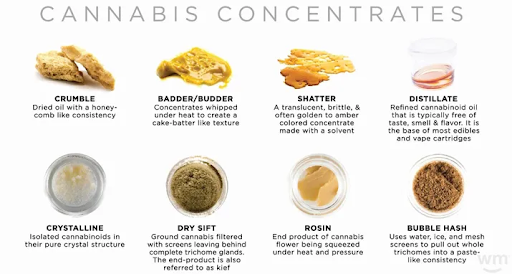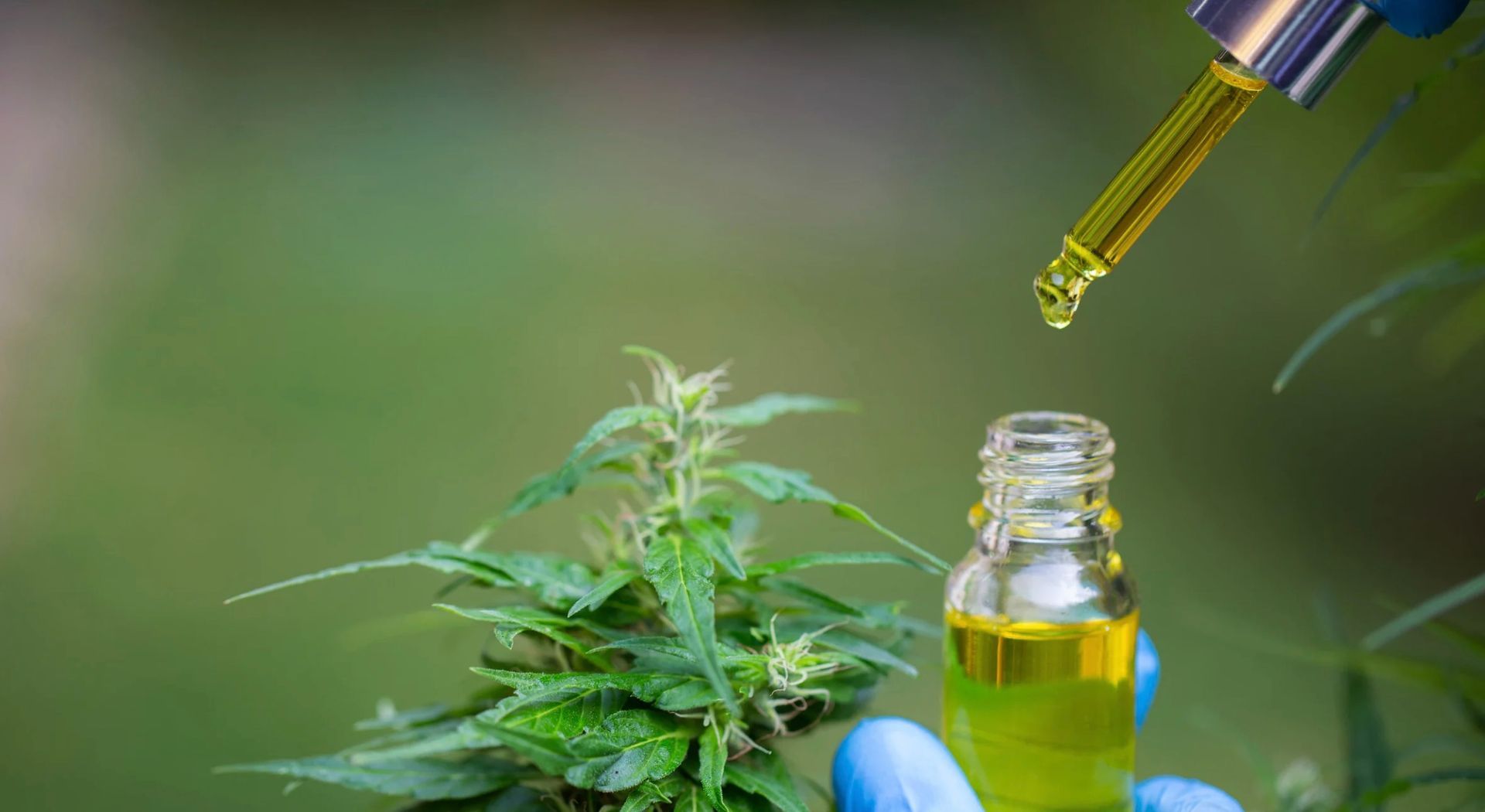Cannabis Terpenes and Their Effects in Peralta, NM
In the ever-evolving world of cannabis, a fascinating aspect often goes unnoticed but holds immense significance: terpenes. These aromatic compounds not only provide the distinctive scents and flavors of different cannabis strains but also play a crucial role in shaping their effects and therapeutic potential. Whether you’re a cannabis enthusiast, a medical professional, or simply curious about its science, this comprehensive guide is your gateway to understanding the intricate world of cannabis terpenes.
What Are Terpenes?
Terpenes are organic compounds naturally produced by various plants, including cannabis. They are responsible for the aromatic properties and distinct fragrances in plants, flowers, and fruits. Terpenes are produced in the resin glands of cannabis flowers. They are responsible for the smells and tastes of different cannabis strains, including fruity, earthy, and spicy profiles. Beyond providing unique scents in cannabis, each cannabis terpene has its own potential therapeutic properties and mood-altering effects in consumers.
What Do Terpenes Do?
Terpenes are believed to serve as a defense mechanism against predators and attract pollinators. In the cannabis world, they play a crucial role in the overall experience and effects of marijuana. They can interact with other compounds in the plant, such as cannabinoids (CBD) and tetrahydrocannabinol (THC), leading to what is known as the entourage effect. This synergy can enhance or modulate the effects of cannabinoids, potentially influencing the overall therapeutic potential of a strain.
Terpenes can influence the effects of cannabinoids by interacting with receptors in the body’s endocannabinoid system. They can enhance the effects of THC, leading to a more potent psychoactive experience, or even moderate the effects.
Terpenes may also have anti-inflammatory, analgesic, anti-anxiety, or antidepressant effects. They are also thought to contribute to pain relief, relaxation, focus, or uplifted mood. More importantly, terpenes serve as markers for distinguishing between different cannabis strains.
How Many Types of Terpenes Are There?
Terpenes are very diverse, with over 50,000 unique terpenes existing in different plants and over 200 in cannabis alone, each with its own unique characteristics and potential benefits. Here are a few examples of common terpenes found in cannabis:
- Beta-caryophyllene
Beta-caryophyllene is one of the primary constituents of the essential oil of black pepper, hence its spicy and peppery aroma. Beta-caryophyllene is known for interacting with the body’s endocannabinoid system, specifically targeting the CB2 receptors.
Unlike other terpenes, beta-caryophyllene has been found to act as a cannabinoid, although it is not classified as one. It binds to CB2 receptors primarily found in the immune system and peripheral tissues. This interaction with CB2 receptors may contribute to potential anti-inflammatory and analgesic effects.
- Beta-pinene
Beta-pinene is one of the two major isomers of pinene, the other being alpha-pinene. Beta-pinene has a distinct pine-like aroma and can be found in varying concentrations depending on the strain. Beta-pinene is known to readily cross the blood-brain barrier, suggesting that it may have the ability to affect brain function. Some research suggests that beta-pinene may have memory-enhancing effects and potentially aid cognitive function.
- Humulene
Humulene is responsible for the earthy, woody, and slightly spicy aroma found in certain strains of cannabis. It may act as an anti-inflammatory agent by inhibiting specific enzymes and pathways involved in the inflammatory response.
Some research suggests that humulene may influence appetite by interacting with the body’s endocannabinoid system. It may act as a CB2 receptor agonist, which could potentially result in reduced food intake.
- Limonene
As the name suggests, limonene has a citrusy, lemon-like scent. It is considered one of the major terpenes in cannabis and can contribute to the overall sensory experience of different strains. Limonene is believed to have mood-enhancing effects and may help reduce tension and nervousness.
- Linalool
Linalool is well-known for its floral and lavender-like scent, which gives it a pleasant and soothing aroma. It is often associated with relaxation and calming effects, making it popular in aromatherapy and personal care products. It has also been studied for its potential anti-anxiety, sedative, and antidepressant effects.
- Myrcene
Myrcene is considered one of the most abundant terpenes in cannabis. It plays a significant role in shaping the aroma and effects of different strains; known for its distinct, musky, earthy, and herbal scent. It is often associated with a calming sensation and is believed to contribute to the “couch-lock” effect commonly attributed to certain Indica-dominant cannabis strains. It is also thought to have antibacterial, antifungal, and other beneficial outcomes.
Credits from: potcodispensary.com/blog/cannabis-terpenes-the-ultimate-guide
Strains with high myrcene levels often exhibit sedative and relaxing effects
What are the benefits of carene?
- Carene has been studied for its medicinal efficacy for decades, independent of its role in cannabis. A mouse study conducted in 2019 showed promise that carotenoids could be used as an anti-inflammatory to help treat chronic pain. Another mouse study from 2007 also suggests that carotenoids may have beneficial effects on bone health.
- https://www.leafly.com/learn/cannabis-glossary/carene
Difference between Live and Cured
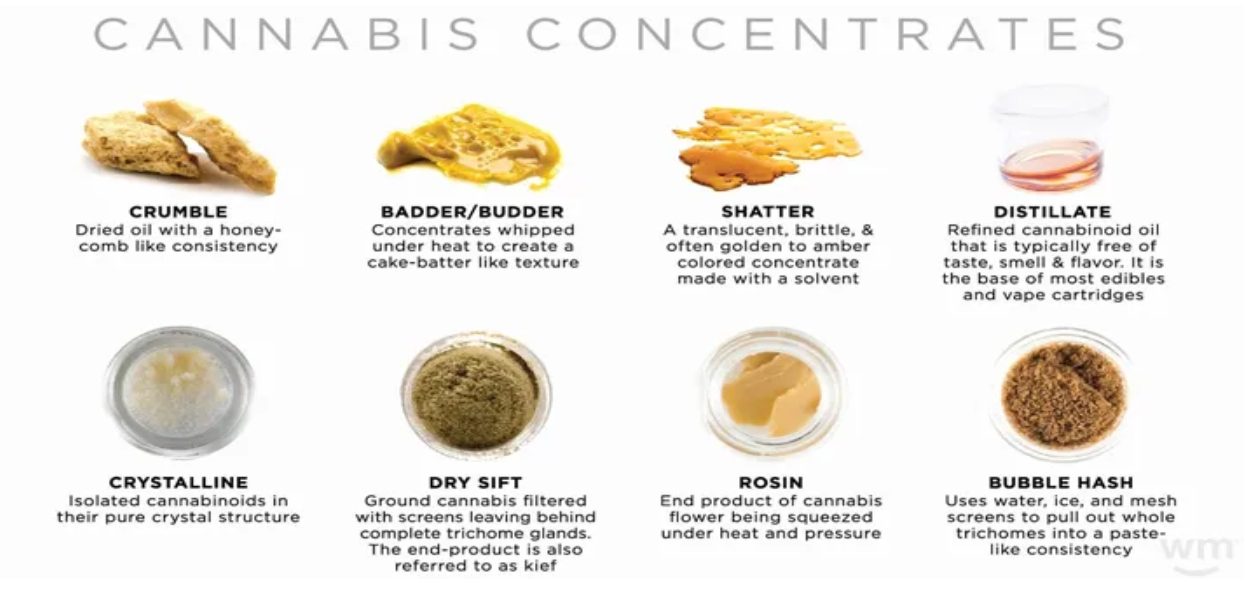
Live is when extracts are made from “Live” flowers, which means we cut the nug right from the live plant and flash freeze it before the extraction process begins. This method captures all the flavor we’re so hungry for. All of our Live extracts are labeled “LIVE HASH ROSIN”
Cured is when extracts are made from “Cured” flowers; it means the flower has been harvested and dried before the extraction process begins. We do this with flowers that do not make it into our 8ths, half ounces, or ounces. All of our cured extracts are labeled “HASH ROSIN”.
- Diamonds
Diamonds consist of a crystalline form of THCa mixed with liquid terpenes. Diamonds and Terpene sauce are created from Live Resins.
Diamonds look like little white/clear “rocks/crystals” with little “gel” glare.
(solvent process)
- Live Resin
Extracted using live plants, the live resin contains higher terpene profiles.
The extraction method is with flash-frozen cannabis, then blasted with BHO.
(solvent process)
- Distillate
Cannabis distillate is a highly refined cannabis extract that is odorless, tasteless, and usually colorless.
(solvent process)
- Live Rosin
Live rosin extraction is more intensive and time-consuming than Live Resin extraction, but the result is a more complex, nuanced flavor profile, a smoother consumption experience, and a cleaner/more robust edible. Plus, Live Rosin doesn't use chemical solvents, so it's considered a more natural, clean product.
(solvent process)
- Budder
Budder is softer, oilier, and more viscous than most waxes. Budder has an opaque taffy-like consistency. Budder has a reputation as the cleanest concentrate available.
(solvent process)
- Sugar
THC-A crystals that have a full spectrum mix (cannabinoids/terpenes).
It looks like a gritty texture and is sticky like honey.
(solvent process)
- Badder
Has a High terpene content with a consistency that varies from doughy to wet cake batter.
(solvent process)
- Slush
It is like live diamonds, but slush has higher terpene extract. And made using the BHO method.
Looks like a loose slushy consistency with crystals.
(solventless process)
- Hash
Hash uses a solventless extraction method. Hash is the oldest form of concentrated cannabis. It is created by collecting trichomes of the cannabis flower
(solventless process)
- Crumble
Crumble is a type of cannabis concentrate that is characterized by its crumbly and granular texture and is produced through a solvent-based extraction
